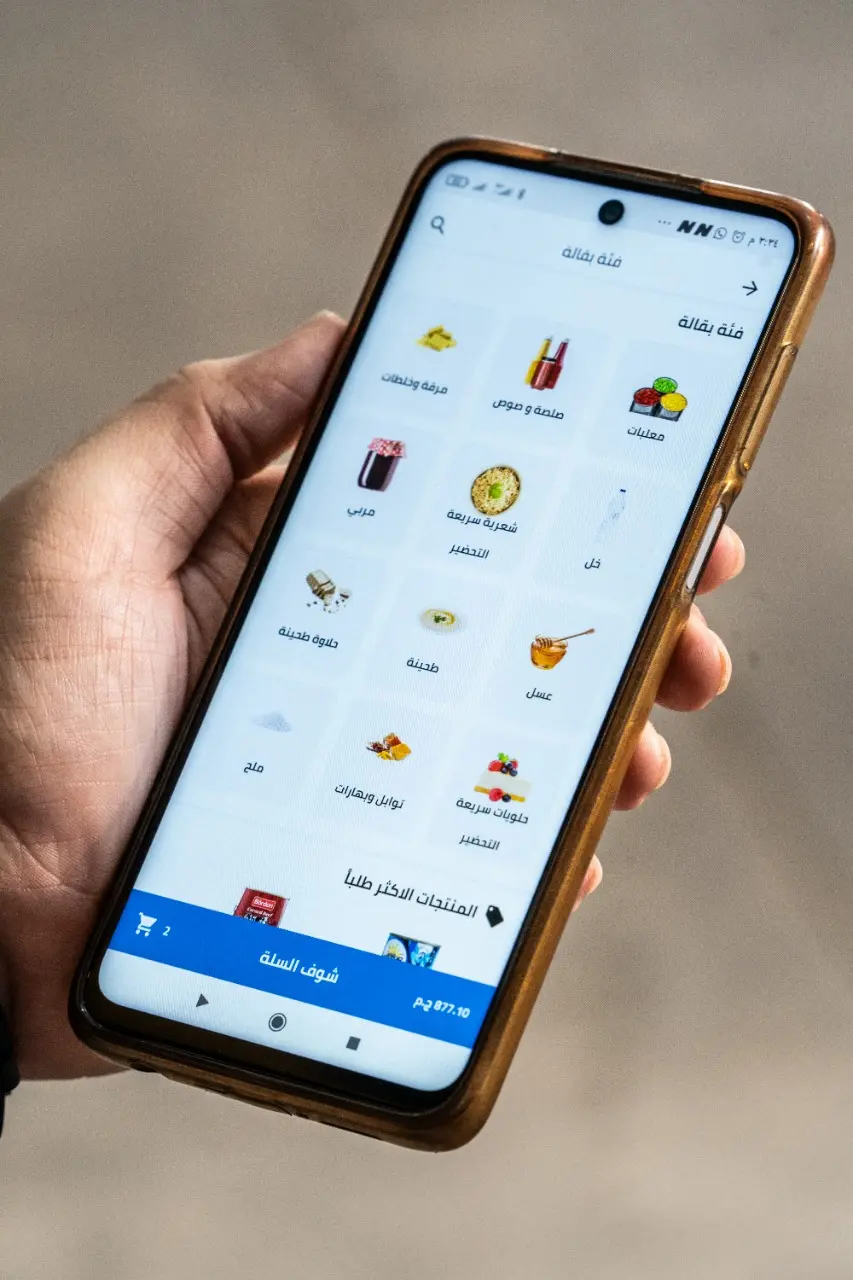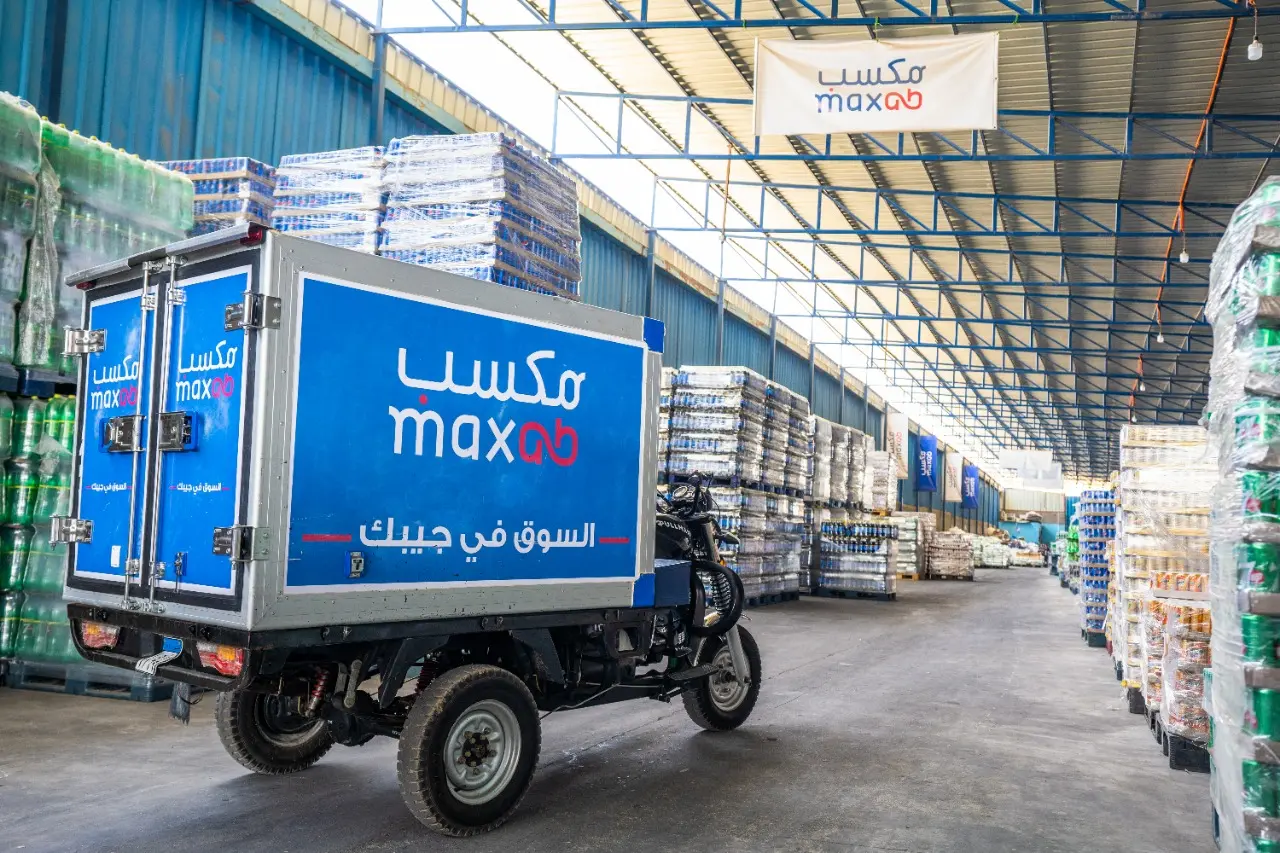PHOTO
Buoyed by a sizable investment round in early July, the Egyptian B2B e-commerce platform MaxAB is planning to launch a set of new products that aim to eliminate inefficiencies in the distribution business of fast-moving consumer goods in Egypt and the region.
“We are challenging the status quo,” MaxAB’s CEO, Belal El-Megharbel, told Zawya. “Traditional retailers are largely challenged and underserved. The industry is being disrupted by MaxAB.”


On July 5, MaxAB announced the closure of a $40 million deal in Series A round led by RMBV, a prominent impact investor in North Africa. The round included participation from the IFC, Flourish Ventures, Crystal Stream Capital, Rise Capital and Endeavor Catalyst as well as MaxAB’s existing investors, Beco Capital and 4DX Ventures. So far, the company has raised a total of $45 million since its inception in October 2018.


“VC investors are attracted to MaxAB’s hyper growth and scalability; private equities like how we built a sustainable business with healthy unit economics,” El-Megharbel said, adding that his company has grown more than five times over the last year.
The three-year-old company links traditional retailers with suppliers through an app. It caters to mom-and-pop groceries, which represent nearly 90 percent of the retail market and generate $45 billion in annual revenues in Egypt alone.
“The retail industry represents one third of Egypt’s entire GDP, so there is no bigger opportunity in Egypt than that,” said El-Megharbel.
OPERATIONAL CHALLENGES
From day one, MaxAB chose to venture into the operational side of the retail business, an area that most entrepreneurs avoid.
“Everyone wants to be operationally light,” said El-Megharbel. “But we figured out that this is the gap that no one wants to fill. Once you get it right, you will have a solid foundation and the infrastructure to build a tech solution.”
MaxAB’s app is not used solely to place orders but also to gear all back-end operations. “The ordering and demand-generation side is relatively simple compared to the back-end technology needed to run the operations. Our operations are fully managed through our technology, and this is what gives us a very strong edge in the market,” El-Megharbel said.
So far, the MaxAB app has been downloaded more than 100,000 times and delivered more than a million orders, mostly in the Greater Cairo area and the Nile Delta. The company is competing against traditional wholesalers, whose service has proven quite unreliable and costly for small retailers.
“We offer a wide range of products that are always in stock, always priced right, and we deliver on time,” said El-Megharbel. “We have a delivery success rate of 98 percent in less than 24 hours, and that is what actually makes MaxAB very different.”
MaxAB also benefits suppliers by providing them with business intelligence in real time, which allows them to make better decisions and enhance their own supply chain. “We provide suppliers with access to data points they never had, such as their market shares and demand for specific SKUs on a district level,” El-Megharbel said.
EXPANSION PLANS
With the recent funds, MaxAB plans to offer embedded finance solutions that could help retailers scale up their businesses.
“This business should be based on credit because there is a high SKU diversity,” said El-Megharbel. “However, suppliers do not necessarily trust small retailers, so they don’t give them goods on credit.”
During a six-month pilot phase, MaxAB ’s micro-finance program gathered enough data points to allow the company to use AI to predict which users might or might not default on their loans, El-Megharbel said.
MaxAB also plans to launch a set of value-added services that would help retailers better run their groceries.
“Basically, this is what we mean by value -dded services: giving them technology tools that allow them to learn how much profit versus losses they are making and how to manage their orders better. Hence, they can go out of stock less frequently,” he explained.
By the end of 2021, MaxAB plans to cover all of Egypt’s 27 provinces before expanding in the MENA region. The retail business is believed to generate $ 200 billion in annual revenues. However, expansion always comes with challenges.
“Scaling up an operation is always tough. The challenge we are facing now has to do with the fact that we are switching from a single-supply-chain single-city business into a multi-supply-chain, multiple-city business,” he said.
“We used to do dry groceries only. Now we do chilled and lightweight goods. Each of those has its own supply chain. This makes running the operation way more complex. Technology is the only solution to how we can manage this efficiently,” he added.
El-Megharbel believes his company has the potential to become an Egyptian tech giant if it continues to attract the best talents and execute properly. “The sky is the limit,” he said. “We are just scratching the surface of a very big market here in Egypt, let alone the Middle East.”
(Reporting by Noha El Hennawy; editing by Seban Scaria)
Disclaimer: This article is provided for informational purposes only. The content does not provide tax, legal or investment advice or opinion regarding the suitability, value or profitability of any particular security, portfolio or investment strategy. Read our full disclaimer policy here.
© ZAWYA 2021





















